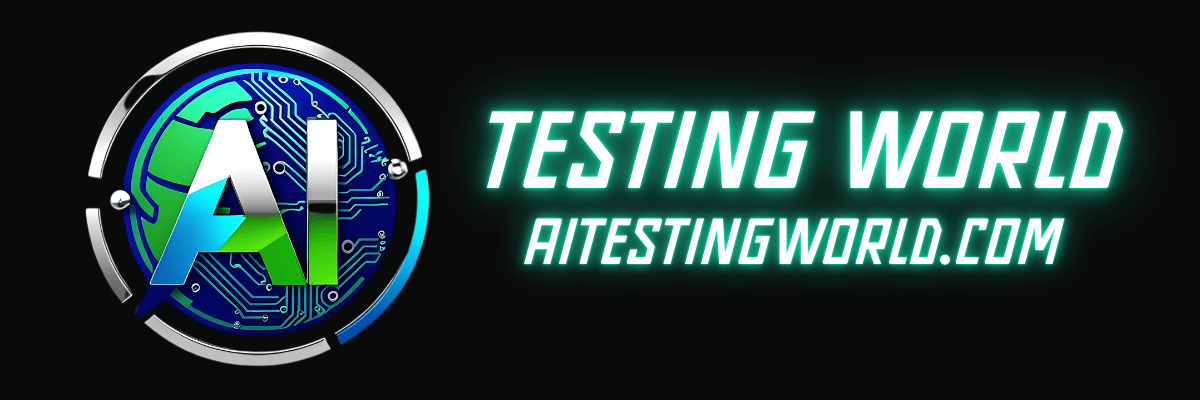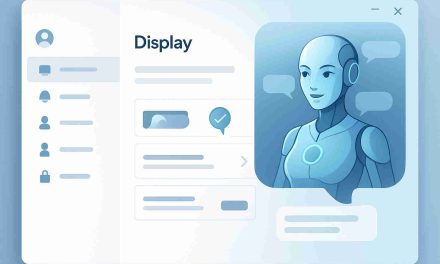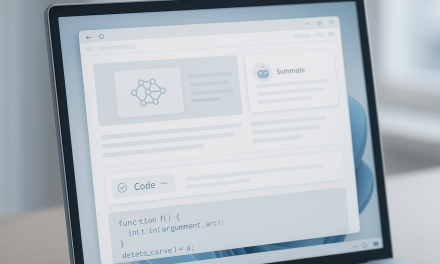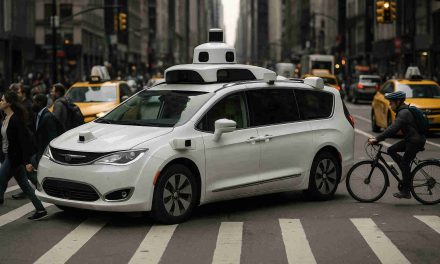TL;DR
Pentagon significantly reduces funding and personnel at its dedicated AI weapons testing office despite rapid advancements in industry-driven AI capabilities, raising concerns over future AI validation.
The U.S. Department of Defense (DoD) has recently reduced the resources allocated to its pivotal Artificial Intelligence weapons testing office, despite widespread industry advancements accelerating AI capabilities. This move, reported by the Sri Lanka Guardian, comes in stark contrast to private industry, which is increasingly leading breakthroughs in AI and machine learning.
AI Testing Implications of Reduced Pentagon Oversight
The diminished Pentagon AI testing operation presents notable implications for the reliable validation of AI systems used in defense. AI testing typically involves rigorous protocols, specialized frameworks, and methodologies to ensure robustness, accuracy, and ethical conformity. Scaling back on dedicated testing can lead to gaps in oversight and potential vulnerabilities in critical defense applications relying heavily on AI decision-making.
Additionally, reduced governmental testing oversight could inadvertently slow the introduction of innovative AI testing standards needed for emerging applications.
Impact on AI Validation and Software Development Trends
The Pentagon’s decision highlights a broader industry-wide shift toward privately-driven initiative in AI testing and validation. With fewer Pentagon resources available, defense contractors and private companies may bear substantial responsibility, possibly triggering a wave of advanced AI model validation solutions devised by the private sector. Over the long term, software developers and AI testing professionals might witness a notable increase in specialized validation tools to accommodate rigorous AI test automation. It is vital for software engineers to stay informed about emerging validation frameworks and quality assurance methodologies that could become industry standards.
Challenges Ahead for Defense-Related AI Applications
An unintended consequence of reduced governmental oversight may be the complexity surrounding the establishment of unified testing standards for defense-related AI applications. The Pentagon’s scaled-down involvement could lead to inconsistencies across vendor testing methodologies.
Such inconsistency can introduce significant risk and uncertainty in software deployment processes. AI testing professionals and developers working on defense projects must anticipate and navigate these shifting standards effectively, adapting their quality control and software governance models accordingly. The scaling down of Pentagon’s AI testing capabilities underscores an ongoing industry-driven evolution in AI validation practices. AI testing professionals, software developers, and governmental policymakers must all collaboratively address the imminent challenges posed by these changes. Robust discussions and continuous innovation in AI model validation practices will be critical in maintaining high standards of reliability, security, and ethics in AI.
How do you think this decision will influence AI validation strategies moving forward? Share your insights with us.
Original resource for this article: https://slguardian.org/pentagon-slashes-key-ai-weapons-testing-office-amid-industry-gains/





